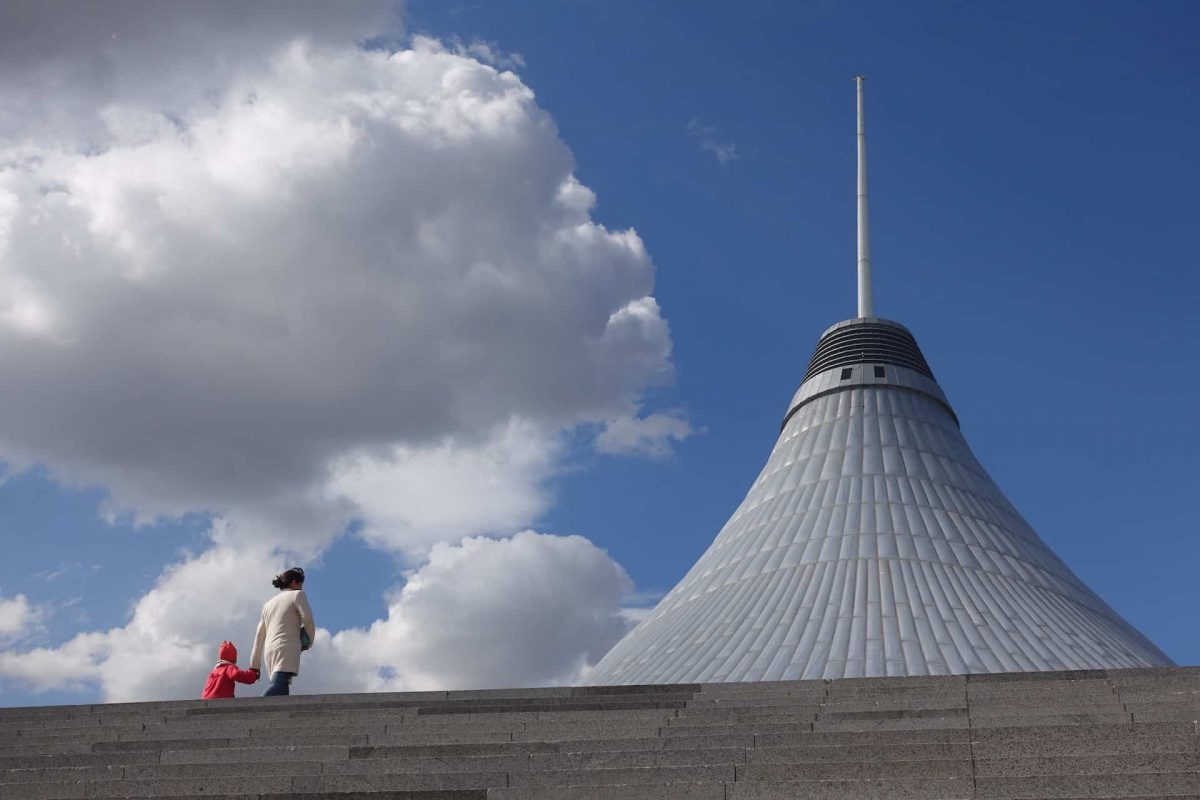Kazakhstan shuts down illegal crypto exchange, seizes $350,000

- Kazakhstan has identified and shut down ABS Change, a platform that was illegally trading cryptocurrencies.
- Three Kazakhstani citizens have been charged with running the exchange, which has been operating without a license since 2021.
ABS Change, a platform illegally trading cryptocurrencies in Kazakhstan, has been identified and shut down, according to an update shared by the country’s Financial Monitoring Agency (FMA) on Telegram.
Three Kazakhstani citizens have been charged with running the exchange, which has been operating without a license since 2021.
During a raid in the country’s national capital, law enforcement officers seized $342,000 and 7 million tenge (approximately $16,000) in cash.
The entity also had $23,000 in crypto assets in two wallets on Binance, which was temporarily restricted, according to the statement.
ABS Change transferred a total of $34 million through Binance, according to Kazakhstani authorities. The authority emphasized that its operations took place outside of the Astana International Financial Center (AIFC). Only exchanges based in the financial hub are permitted to provide crypto trading services in the Central Asian country.
Crypto transactions under Kazakhstan’s radar
The main focus of the FMA has been on halting “grey” business activities, such as those in the cryptocurrency industry. The regulator took down several coin trading websites in January.
It seized nearly $188,000 in property, including digital assets, from a Russian national involved in these illegal operations in February. The agency reported that Kazakhstan’s shadow economy shrank to less than 20% last year.
Following the crypto industry ban in China, Kazakhstan drew many cryptocurrency miners with its cheap electricity, but they have been blamed for an increasing power deficit. The Kazakhstan government has taken steps to regulate the crypto sector and its economy as it keeps growing.
In February, Kazakhstan implemented a law restricting mining farms’ access to low-cost power. The legislation establishes a licensing regime for miners and requires them to sell the majority of their profits on domestically registered exchanges.






